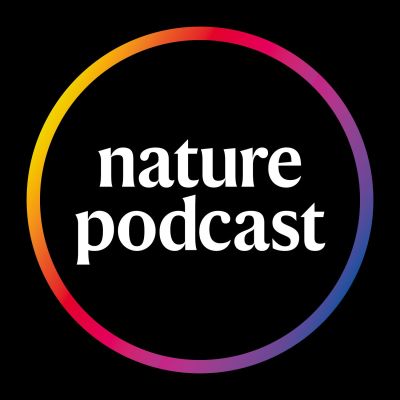The Nature Podcast brings you the best stories from the world of science each week. We cover everything from astronomy to zoology, highlighting the most exciting research from each issue of the Nature journal. We meet the scientists behind the results and provide in-depth analysis from Nature's journalists and editors. Hosted on Acast. See acast.com/privacy for more information.
http://www.nature.com/nature/podcast
Gesamtlänge aller Episoden: 13 days 20 minutes
Talking about sex and gender doesn't need to be toxic
The science of sex and gender is too often misinterpreted and weaponized. Now, three experts cut through the misinformation in search of a positive future for this long-neglected area of research
Dad's microbiome can affect offsprings' health — in mice
Disrupting gut microbes increases risk of growth issues in the next generation, and understanding geographic variations in cancer rates.
Audio long read: Why loneliness is bad for your health
New research is revealing the mechanisms linking loneliness and conditions like dementia, depression and cardiovascular disease.
How gliding marsupials got their 'wings'
Researchers find the genetic mutations that allow some marsupials to soar, and an ultra-accurate clock is put through its paces on the high seas.
Living on Mars would probably suck — here's why
Kelly and Zach Weinersmith join us to discuss their book A City on Mars: Can We Settle Space, Should We Settle Space, and Have We Really Thought This Through?
Keys, wallet, phone: the neuroscience behind working memory
Brain areas work in tandem to temporarily store important information, and an aurora on a cool brown dwarf.
The 'ghost roads' driving tropical deforestation
Researchers find that a huge number of roads that don’t appear on official maps, and the protein that could determine whether someone is left-handed.
Audio long read: Why are so many young people getting cancer? What the data say
Researchers are scrambling to explain why rates of multiple cancers are increasing among adults under the age of 50.
Pregnancy's effect on 'biological' age, polite-birds, and the carbon cost of home-grown veg
We roundup some recent stories from the Nature Briefing.
How climate change is affecting global timekeeping
Melting polar-ice could delay major time adjustment, and the strange connection between brain inflammation and memory.
